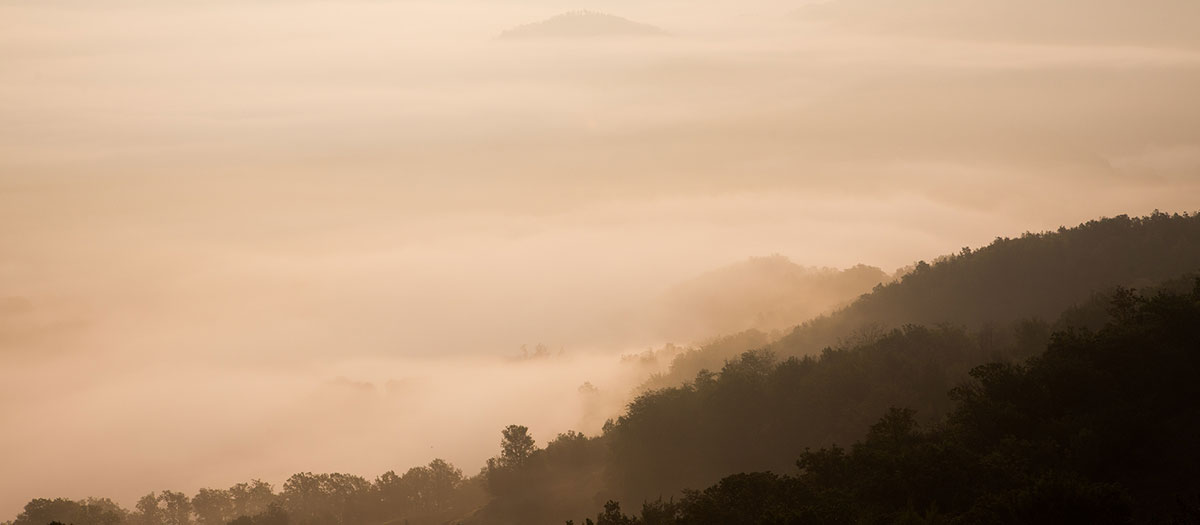(Robinson Huron Treaty Territory, May 7, 2021) – After witnessing the House of Common’s emergency debate Thursday evening on Enbridge’s Line 5 crisis, members of the Robinson Huron Waawiindamaagewin Political Working Group call on Canada to do better and include all
their treaty partners when making infrastructure plans and decisions.
Line 5 runs under the Straits of Mackinac, which connects Lake Michigan and Lake Huron, which many Robinson Huron First Nation communities rely on for clean water, fishing, transportation and ceremony. The pipeline’s construction was completed nearly 70 years ago and currently transports oil from western Canada to eastern Canada. The pipeline under the Mackinac consists of two pipelines which are now decades old and identified as being at the end of their life. Based in the United States, the National Wildlife Federation reviewed federal records and discovered that Line 5 had over 30 spills resulting in over 1 million gallons of oil entering the Great Lakes since 1968. Recently, plans were developed to encase the existing pipeline with a tunnel, raising concerns amongst many groups, including indigenous communities and residents south of the border, due to the previous leaks and poor maintenance of the line.
Michigan Governor Gretchen Whitmer, who was elected on a campaign promise to shut the line down, announced in the Fall of 2020 that she would revoke an easement granted in 1953 that allows Line 5 to operate under the Straits of Mackinac. That order will take effect on May 12, 2021. Her office recently stated that the ageing pipeline is a “ticking time bomb” and that it would be unlawful for Enbridge to continue to operate after her government’s deadline.
The Canadian government has stated that it does not believe that Enbridge needs to comply with the May 12 deadline. Canada has stated that it is considering making an intervenor submission supporting Enbridge in ongoing American court proceedings to keep the pipeline operational. Canada’s argument could focus on a pipeline treaty from 1977 with the United States, allowing Canada to request negotiations with the U.S. to keep the line operational.
Regarding Canada’s support of Enbridge and the referenced 1977 treaty, Ogimaa (Chief) Sayers of Batchewana First Nation stated, “This is a slap in the face of treaty rights holders across Canada. Canada is fighting to uphold a pipeline treaty from 1977 while continually ignoring historical treaty commitments to First Nations people across Canada.”
Many of the Robinson Huron First Nation communities have advocated in the past to protect the Great Lakes, including meeting with American-based tribes to present a unified front. Leadership present at the May 6 Political Working Group meeting stated that they would examine further options to voice and possibly mobilize their support of American tribes who are also demanding the closure of the ageing pipeline.
Ogimaa Duke Peltier of the Wiikwemkoong Unceded Territory on Manitoulin Island stated, “The continued operation of this ageing pipeline presents a real and present danger not just for indigenous communities on both sides of the border, but to all peoples that live and rely on these
lakes. Canada needs to do better when it comes to infrastructure planning and work with all their treaty partners, not just when it is convenient, or the court orders them to.”
Ogimaa Peltier further stated that it is unfortunate that Canada has not planned to reduce dependence on crude oil. “Canada needs to work with all its treaty partners when it comes to the protection of our Great Lakes and planning for our future. As treaty partners, we can find solutions together.”
The Robinson Huron Waawiindamaagewin is an initiative of the Robinson Huron Treaty signatory First Nations, adhesions and beneficiaries to create a deliberative body mandated to address many long-standing issues that face the Treaty Signatories, in accordance with the traditional world view, cooperative philosophy, and historical alliances of the 21 member First
Nations.
Robinson Huron Waawiindamaagewin – Media Contact:
Barret Dokis
Senior Policy Analyst
Email: barret@waawiindamaagewin.co

